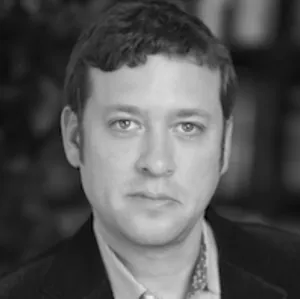We help put urban tech in context.
Star City Group specializes in helping cities, organizations, and companies navigate the rapidly evolving landscape of urban technology. Through foresight studies, strategic advising, policy development, and practical planning, we bridge the gap between emerging technologies and real-world urban challenges.
Our Areas of Focus
- Smart Cities & Urban Innovation - We've been at the forefront of the smart cities movement since its inception, helping organizations navigate from top-down efficiency-oriented approaches to more democratic, inclusive models.
- Mobility Futures - From autonomous vehicles to public transit innovations, we explore how transportation technology transforms urban movement of people and goods.
- Urban Data & Analytics - We help cities harness the power of data for decision-making, developing maturity models and frameworks for ethical data governance.
- Resilience & Adaptation - Our work addresses how cities can leverage technology to face climate change, pandemics, and other challenges through adaptive strategies.
- Digital Infrastructure - We guide municipal governments in developing robust digital infrastructure that supports innovation and improves service delivery.
Our Approach
- We are ethical. We put people before profits. That isn't always easy, and sometimes means we lose business. But we'll try to change your point of view first.
- We don't just talk. We are builders who code, design space, prototype hardware, write charters, and deploy networks.
- We are a dynamic team. We gather the right team for every project. Our collaborators hail from diverse geographies and disciplines.
- We focus on you. We typically only take on a single project at a time. That means if we're working with you, we're focused exclusively on you.
Dr. Anthony Townsend
Dr. Anthony Townsend is President and Founder of Star City Group, where he works around the world with industry, government and philanthropy on urban tech foresight, policy, and planning studies.
Anthony is the author of two acclaimed books published by W.W. Norton & Co.: Ghost Road: Beyond the Driverless Car (2020) and Smart Cities: Big Data, Civic Hackers, and the Quest for A New Utopia (2013). His work has influenced global debates on technology and urbanism, with particular focus on transforming traditional approaches to creating more connected, livable, efficient, and equitable cities.
Dr. Towsnend is Senior Research Associate at Cornell Tech's Jacobs Urban Tech Hub, where he leads multi-disciplinary research collaborations connecting university researchers with stakeholders in industry, government, and civil society. As part of the Hub's founding team, he directs applied research and teaches courses on smart cities engineering. Major projects Anthony currently leads include the Cornell Initiative on Aging and Adaptation to Extreme Heat, RethinkAI (a collaboration with New America Foundation), and the Atlas of Urban Tech.
